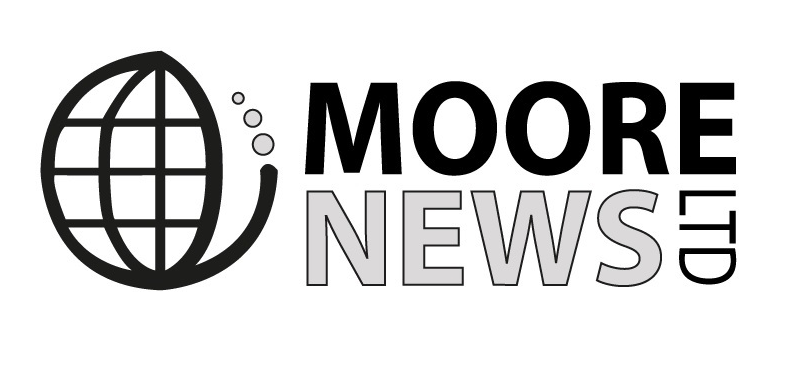Journalists have won the freedom to publish news articles that contain allegations about public figures without the threat from libel.
Vindication: The House of Lords came down on the side of the WSJ, in a ruling that journalists welcomed.
As long as a journalist's reporting is in the public interest, and has been undertaken in a seriously responsible manner, then it can be published without repercussions under English law.
Such is the verdict of The House of Lords, which has found that even if newsworthy allegations later emerge as defamatory and false, journalists can still publish without fear of reprisals.
Handed down yesterday, the ruling is a green light to journalists, editors and their publications to more rigorously pursue newsworthy persons, free from what the judgement describes as the “chilling” effect of lawsuits.
For journalists, the move also strengthens the so-called ‘Reynolds privilege’ established in 2001, which implies a defence against libel on the grounds the public interest was being served.
The Lords were concerned with an article published in 2002 by the Wall Street Journal, “an unsensational newspaper,” they said, which stated that Saudi officials were cooperating with the US government in monitoring bank accounts.
The February 2nd article, entitled, "Saudi Officials Monitor Certain Bank Accounts," was found to have defamed a Saudi businessman and a company belonging to his business group, of which he is president, two courts found.
But the Lords dismissed these verdicts, disagreeing with both the High Court and the Appeal Court, which stated the WSJ should pay £40,000 to the defamed businessman, Mohammed Jameel.
They said the “thrust” of the WSJ’s article was to inform the public that the two nations were in contact, as the US Treasury had demanded that the Kingdom’s central bank reveal if the accounts of prominent Saudis were siphoning money to terrorists. This was “succinctly stated in the first paragraph,” the Lords said.
“This [story] was, without doubt, a matter of high international importance, a very appropriate matter for report by a serious newspaper,” they added, pointing out that although an ally to the US, Saudi Arabia’s status was then precarious, compounded by the 9/11 hijackers being of Saudi origin.
They added: “But it was a difficult matter to investigate and report since information was not freely available in the Kingdom and the Saudi authorities.”
It was also difficult to verify the allegations, which journalists are bound to do under libel law, because the existence of covert surveillance by the highly secretive Saudi authorities would be impossible to prove by evidence in open court.
Delivering his ruling, Lord Hoffman hinted that it was practically impossible for the journalist and second journalist of the WSJ article to meet their commitments of verification as media professionals, even though attempts were made.
Lord Hoffman’s report to the House of Lords, England’s highest court, says a "more detailed consideration" should have been given to the Reynolds privilege by both the High Court and Appeal Court judges.
It’s a view shared by Alistair Brett, legal manager of Times Newspapers.
“Most media lawyers would agree and point the finger at the two judges in charge of libel actions, Mr Justice Eady and Mr Justice Gray.
"Both came in for criticism...on how they have applied the old law in what should be a new context and effectively denied the press the benefit of the 'Reynolds public interest' defence over the past six years,” he wrote on Times Online, the paper’s website.
“From now on, the House of Lords will have breathed new life into responsible investigative journalism. The judgment is as refreshing as it is overdue.”
Journalists should note that in legal scrutiny of editorial decisions, “weight should ordinarily be given to the professional judgment of an editor or journalist in the absence of some indication that it was made in a casual, cavalier, slipshod or careless manner,” the judgement states.
And despite the all-clear for journalists to enjoy greater freedom (on the grounds they report responsibly and in the public interest), they should consider that there remains no protection for so-called ‘kiss-and-tell’ stories.
“The ‘public interest’ comes out on top. But that expression has its own particular meaning – just because something may ‘engage the interest of the public’ does not necessarily make it in the ‘public interest’ - so this judgement will not be carte blanche for the gossip press,” said Roger Sinclair, a media lawyer at Egos Ltd.
Having read the judgement, he also told Moore News: “Secondly, there is a clear duty on the journalist and publisher to take reasonable steps to be sure that what is published is accurate and fit for publication - it has been said that ‘no public interest is served by publishing or communicating misinformation'."
